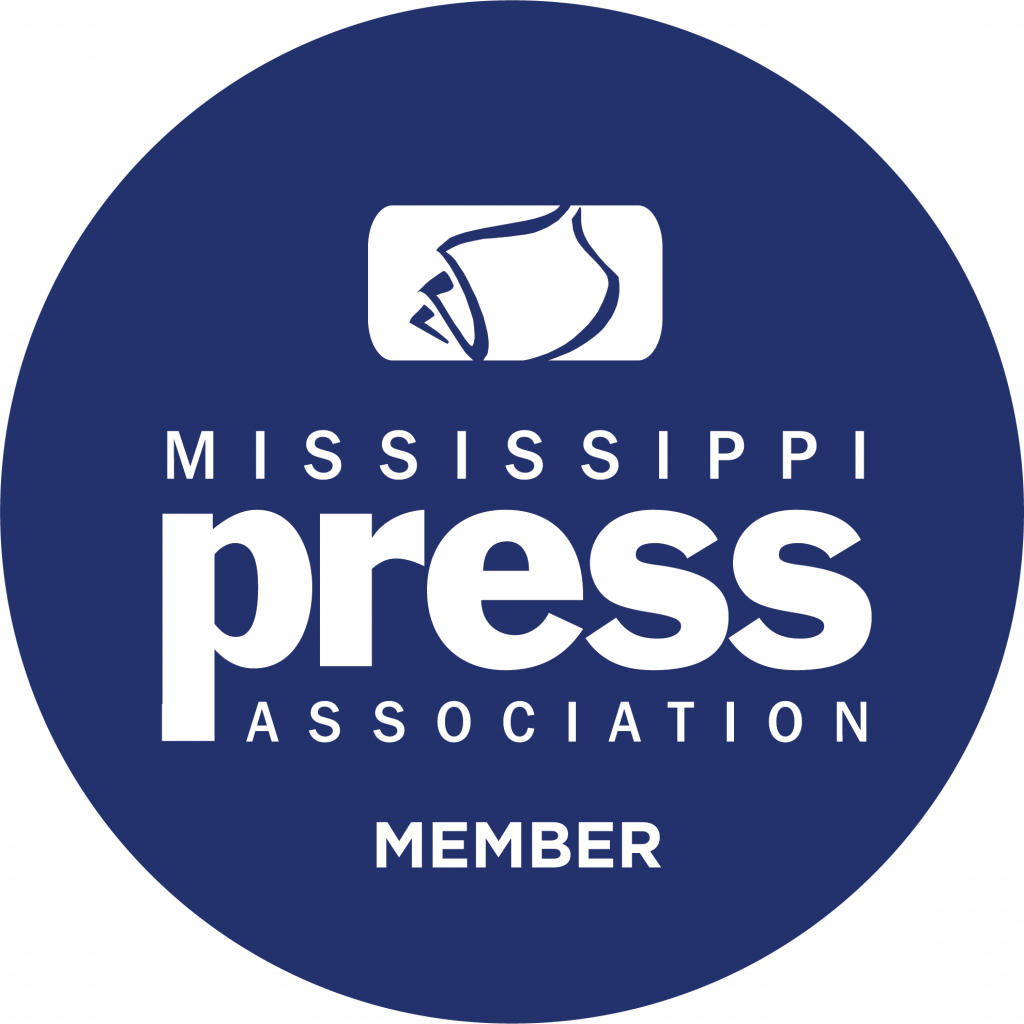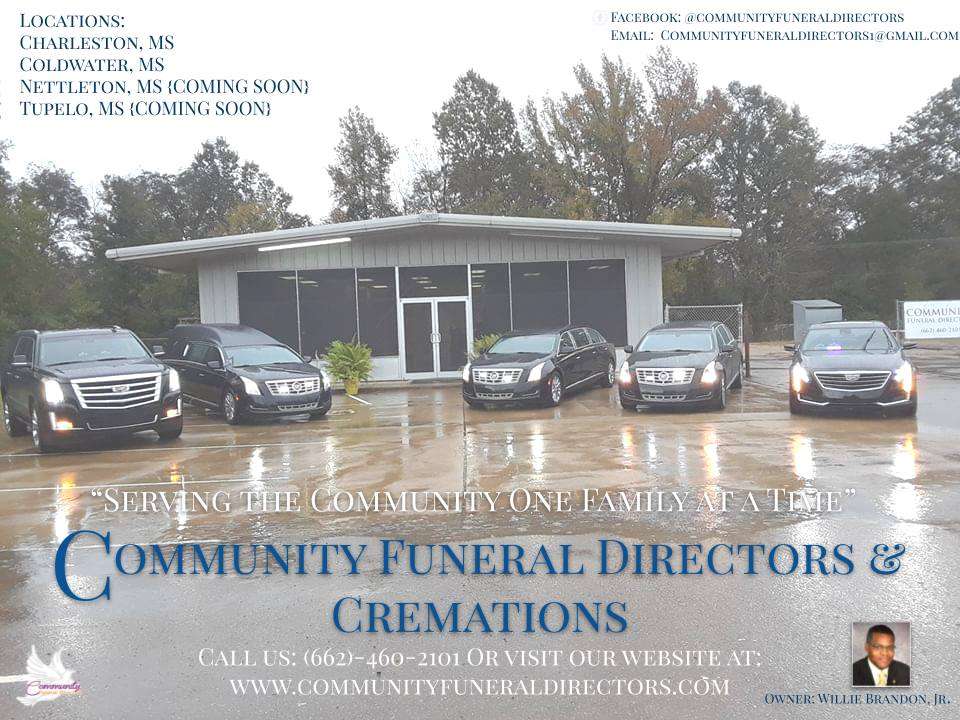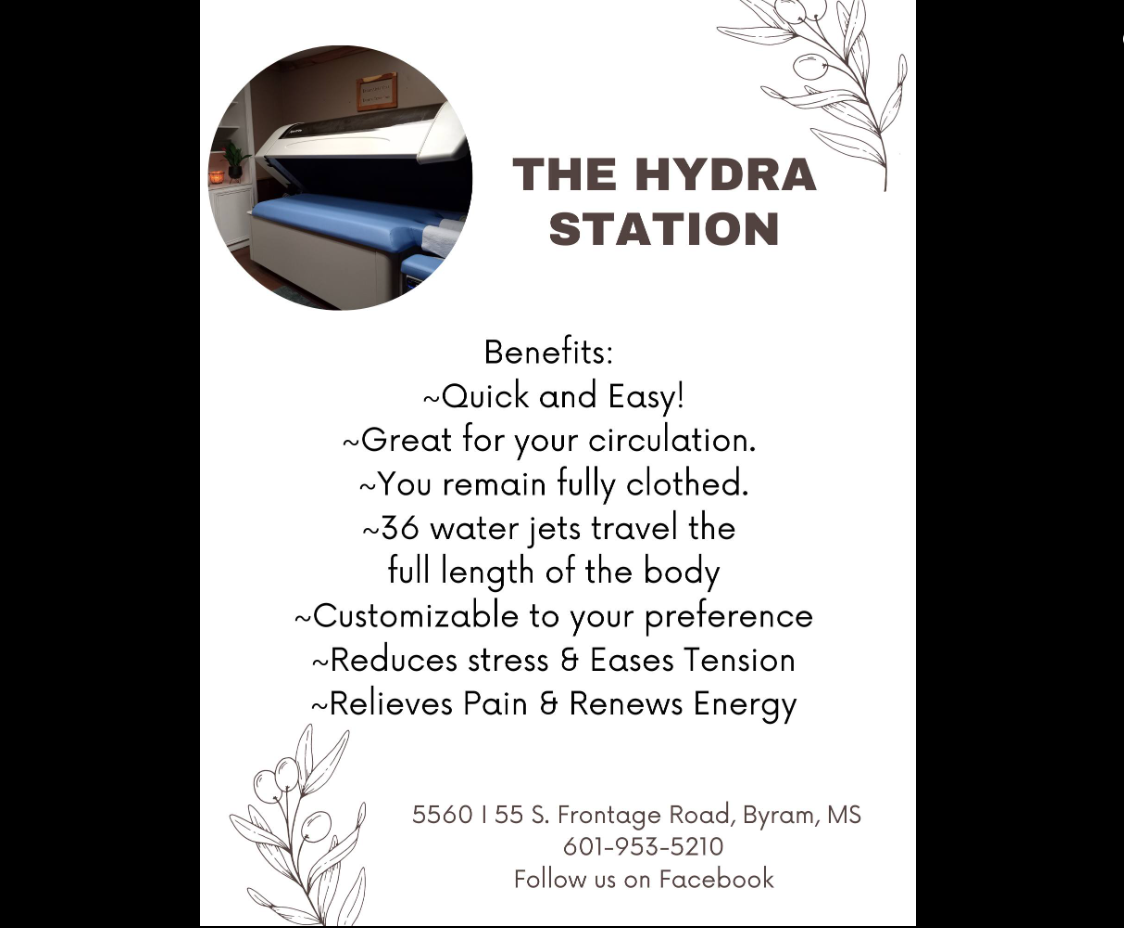Blowing the whistle on wrongdoing is an act considered by many to be of true courage and integrity, yet it is fraught with daunting risks. Retaliation by employers or coworkers can escalate to job termination, demotion, and even harassment. Such intimidating repercussions often silence potential truth-tellers, allowing illegal or unethical conduct to persist in the shadows of our institutions.
Federal-Lawyer.com surveyed 3,000 employees to ask a hypothetical question:
“Would you put your career on the line, facing possible legal consequences, to call out malpractice in your organization?”
Interestingly, the responses illustrated an even split in perspective. Half indicated they would take the whistleblower’s path, while the other half preferred not to say anything. And regional differences were stark: in Arkansas, a striking 83% of employees expressed their readiness to unmask workplace malpractice. In contrast, only 30% of Idahoans were willing to take the same risk. In Mississippi state, over half (59%) of employees said that they would not be prepared to whistleblow, which means that when compared nationally, they are less willing than others to risk their careers.
Created by Federal-Lawyer • Viewlarger version
“Whistleblowing allows people to align their actions with their moral compass by exposing wrongdoing”, says Nick Oberheiden from Federal-Lawyer.com. “It fosters transparency and accountability, potentially leading to organizational reforms and societal protection against corrupt practices. Whistleblowers can take solace in knowing there are laws designed to shield them from retaliation and, in some cases, they may even be rewarded for their courage.”
Oberheiden continues: “However, despite its noble intent, whistleblowing can entail grave personal costs. Retaliatory actions can range from workplace ostracism to outright career sabotage, with the potential for enduring financial and legal struggles. The personal repercussions are equally daunting, as the process can strain mental health and personal relationships. Moreover, the ultimate impact of whistleblowing is uncertain; systemic change is not guaranteed, and whistleblowers may find their sacrifices have been in vain if the status quo remains untouched.”
Federal-Lawyer.com delved deeper into the issue of whistleblowing and asked respondents further questions.
More than half of those surveyed (51%) are not aware of their legal entitlements should they find themselves in a whistleblower’s shoes.
And alarmingly, nearly one in five employees (19%) say they have stood as silent witnesses to unethical or illegal activities within their companies. This statistic is a stark reminder of the pervasive culture of fear and the deterrent effect of possible retribution.
The structural support within organizations for handling such reports is also in question. A significant portion of the workforce (30%) perceives their employer’s system for managing misconduct as inadequate.
Survey respondents were also asked to rate, out of 10, how much trust they have in their current workplace that whistleblowers will be protected rather than retaliated against. The response was tepid, with an average confidence level of only 4 out of 10.
Finally, in a compelling consensus, an overwhelming majority of 91% of participants believe that it is incumbent upon corporations to bolster transparency and extend more robust support to whistleblowers.



















